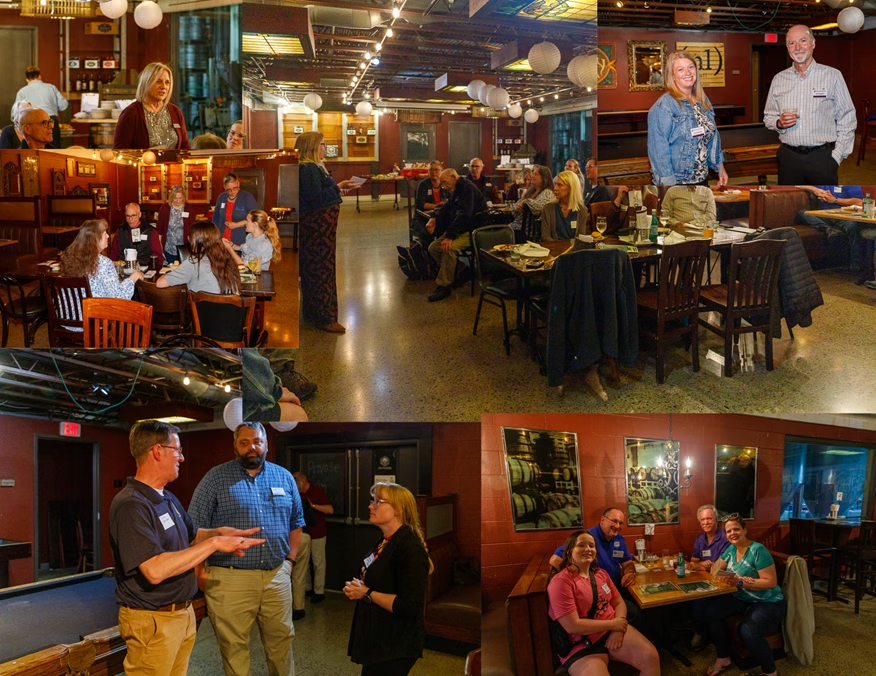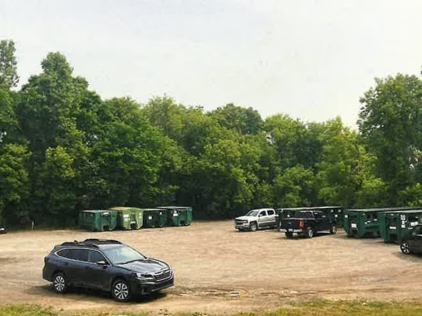From training and technology to public expectations, local policing has undergone major shifts
In honor of National Police Week (May 11–17), The Sun Times News is reflecting not only on the individuals who serve in uniform but also on how the work of law enforcement has changed in the past decade. While the mission of public safety remains constant, the tools, training, and expectations around policing have evolved dramatically.
Focus on De-escalation and Mental Health
One of the most significant changes has been the rise in mental health awareness and de-escalation training. A decade ago, many officers had limited exposure to mental health crisis response. Today, departments increasingly require Crisis Intervention Team (CIT) certification and work alongside social workers or mental health co-responders.
Body-Worn Cameras and Accountability
Body cameras have gone from pilot programs to standard issue in most departments. The technology helps document encounters and promote transparency. Many departments now release footage of critical incidents to the public, increasing accountability and trust, or at least scrutiny.
Data-Driven Policing
Modern officers don’t just patrol, they analyze. Over the past ten years, data and technology have played a growing role in crime prevention. Police now use real-time crime centers, predictive analytics, and mobile access to databases to identify hotspots and allocate resources more effectively.
Community Expectations and Scrutiny
Since 2014, and especially after the events of 2020, public expectations have shifted. Communities are demanding more transparency, fair treatment, and civilian oversight. Departments across the country have adapted by increasing engagement and making policy changes in areas like the use of force.
Emphasis on Community Policing
The days of reactive policing are giving way to proactive relationship-building. Officers now regularly attend community events, partner with schools and nonprofits, and conduct outreach efforts aimed at building long-term trust with residents.
Recruiting and Retention Challenges
Once seen as a stable career path, law enforcement has faced increased turnover and hiring challenges in recent years. Departments are now competing for fewer applicants, often working harder to attract a diverse workforce and retain experienced officers.
Technological Advancements
Today’s cruisers resemble mobile command centers. Drones, automated license plate readers, and real-time surveillance tools are becoming common. Some departments are experimenting with artificial intelligence to assist with investigations and case management.
Bias Training and Cultural Awareness
Mandatory anti-bias training, which was rare ten years ago, is now a common requirement in most police academies and continuing education programs. Departments are being pushed to ensure that officers understand the communities they serve, and to work toward equity in enforcement.
Legislative and Policy Reforms
New laws in many states have restricted certain practices such as chokeholds and no-knock warrants. Federal guidelines and accreditation standards are also evolving, reflecting the national conversation around law enforcement and civil rights.
Social Media Engagement
Police communication has gone digital. Departments now use social media platforms to issue alerts, showcase community events, and interact directly with residents. What was once a niche tool is now a vital public interface.
As the role of law enforcement continues to change, one thing remains clear: the job requires more than ever—more training, more transparency, more community connection.
Sources:
- U.S. Department of Justice, Bureau of Justice Assistance (bja.ojp.gov)
- Police Executive Research Forum (PERF) reports
- National Institute of Justice (nij.ojp.gov)
- Pew Research Center: “Behind the Badge” (2017)
- International Association of Chiefs of Police (theiacp.org)
- National Alliance on Mental Illness: Crisis Intervention Team programs
- Michigan Commission on Law Enforcement Standards (michigan.gov/mcoles)





 8123 Main St Suite 200 Dexter, MI 48130
8123 Main St Suite 200 Dexter, MI 48130


